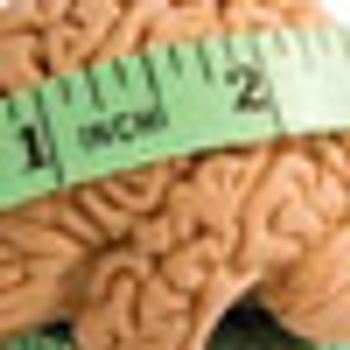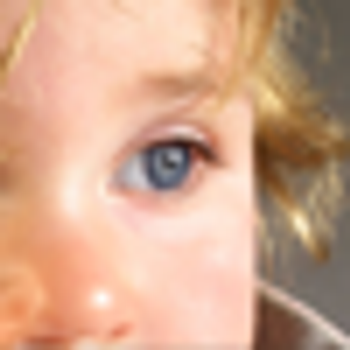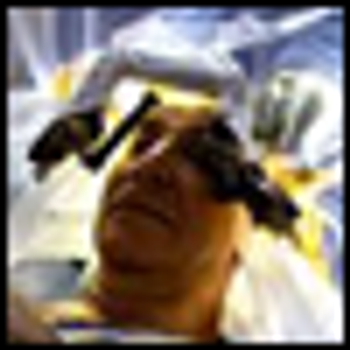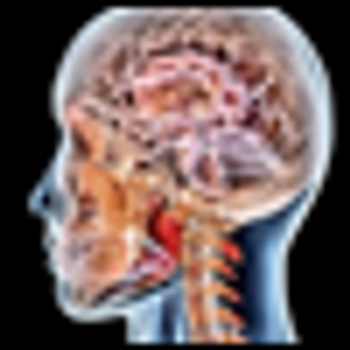
A multimodal treatment program that centered on a cognitive-behavioral approach using exposure and response prevention was effective in treating OCD comorbid with eating disorders.

A multimodal treatment program that centered on a cognitive-behavioral approach using exposure and response prevention was effective in treating OCD comorbid with eating disorders.

Despite its occurrence in up to 3.4% of adults, hair–pulling disorder or trichotillomania (TTM) is often under-diagnosed and inappropriately treated, according to a panel of experts presenting at the recent APA meeting.

Here we list important points to keep in mind when assessing and treating patients who self harm.

Recently our inpatient psychiatric unit moved into a brand new facility. In the months and weeks preceding “the move,” there was much preparation and nervous energy. We had been preparing our patients and ourselves for this day. “

In this clip from A&E's Hoarders, Dr Suzanne Chabaud counsels a family living in a hoarding household.

Skin diseases are not just a cosmetic issue; they are associated with a variety of psychological reactions that affect patients’ level of functioning and can produce agony for the family.

Until recently, most people believed that hoarders were eccentric people who died surrounded by a lifetime collection of stuff. Hoarding in families was cloistered in a vault of family secrets or passed off as an individual peculiarity.

On Safety, Efficacy-and Financial Incentives

Here, Dr Jon E. Grant talks about the genetics, neurobiology, and cognitive processes of body-focused repetitive behaviors, which include trichotillomania, skin picking, and other behaviors.

Psychotherapy outcomes and the mechanisms of change that are related to its effects have traditionally been investigated on the psychological and social levels, by measuring changes in symptoms, psychological abilities, personality, or social functioning.

Does cognitive rehabilitation provides optimal improvements in functional outcome for patients with schizophrenia? What percentage of patients with schizophrenia who have comorbid obsessive compulsive disorder? This and more in this week's quiz.

In essence, screen media constitute neurologically potent, arousing input to the developing brain. Unlike conventional toxins, their effects are mediated by sense organs. However, they have demonstrable effects on brain activity, and on behavior and function.

Patients on average spent between 1 and 8 hours per day preoccupied with negative thoughts about their perceived [mal]odor.

I offer all of this as a way of describing how I became involved in intensive psychotherapeutic efforts with several adolescents who I then continued to see, often for many years following their inpatient experiences.

Allen Frances, MD, identifies a number of concerns about the draft DSM5 revisions.1 Not mentioned in his commentary, but of significant concern, is a proposal that might subsume tic disorders under a new category called “Anxiety and Obsessive-Compulsive Disorders.”

The co-occurrence of obsessive-compulsive symptoms (OCS) and psychotic illness has been a challenge for clinicians and investigators for more than a century. Over the past decade, interest in this area has burgeoned because of recognition of higher-than-chance comorbidity rates of schizophrenia and OCD.

Psychiatrists will have to take the lead in ensuring that deep-brain stimulation (DBS)-approved by the FDA in February for the first time for use in obsessive-compulsive disorder (OCD)-is used appropriately.

It has been a relatively short time between clinical use of the term anxiety neurosis-which included worry, panic, and obsessions-and the advent of recent DSM-defined categorical diagnoses of panic disorder, generalized anxiety disorder, social anxiety disorder, posttraumatic stress disorder, and obsessive-compulsive disorder. It seems that we have moved from a symptom-oriented approach in treating anxiety to a syndromal approach in which the patient has to accumulate enough symptoms and impairment to have a more definable illness or disorder.

DSM-IV-TR, our current diagnostic classification system of psychiatric disorders, follows the diagnostic paradigm first established by DSM-III in 1980.

A review of targeted treatment strategies for symptom domains when impulsivity and compulsivity become dysfunctional.

Obsessive-compulsive disorder (OCD) is a heterogeneous disorder with a variety of phenotypic expressions. Delineation of clinically distinct subtypes of the disorder may be valuable in predicting treatment response and resistance.

More than 1 in 20 adults nationwide suffer from compulsive buying, according to a telephone survey of 2500 adults. And contrary to popular opinion, “compulsive buying appears to be almost as common in men as in women,” according to Lorrin M. Koran, MD, first author of a recently published prevalence study of compulsive buying behavior in the United States. Six percent of women and 5.5% of men in the study reported symptoms considered to be consistent with compulsive buying disorder.

The skin is the largest organ of the body and functions as a social, psychological, and metabolically active biologic interface between the individual and the environment.

Patients with OCD generally respond best to cognitive-behavioral therapy (CBT). At the core of the behavior therapy program is a technique known as exposure and ritual prevention (ERP).

Deep brain stimulation (DBS) may hold promise for patients with treatment-resistant and severe major depression and obsessive-compulsive disorder (OCD). However, it may not be the best choice for patients with Parkinson (PD) disease who display certain compulsive behaviors, reported researchers from the Cleveland Clinic and from Brown Medical School (Providence, Rhode Island) at the annual meeting of the American Academy of Neurological Surgeons, which took place April 22-27 in San Francisco.